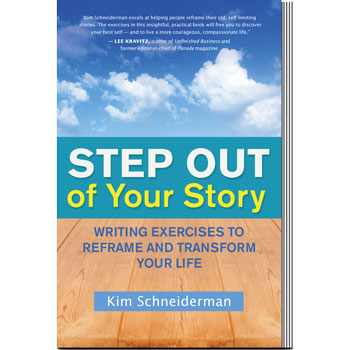Imagine you’re walking down a path when you encounter a stranger carrying a boulder. Suppose the person bemoans their aching back and offers a litany of reasons why they can’t put the rock down.
Feeling your heart tug, you might point to the slab of granite in your own arms and say, “So sorry. I get it. Being human can be tough.” You might even briefly set yours on the ground and offer to hold their boulder with them to relieve some of the pressure.
But suppose you carry it for them, either because you can’t bear their pain, or you feel responsible. As you continue your journey, the extra weight will probably slow you down and strain your back. Now, you not only have a herniated disk, but you’re also resentful.
And here’s the thing… chances are, no matter how relieved your new friend initially felt, they would probably find a replacement boulder because, for reasons they haven’t taken time to understand, their arms feel empty without one.
Some people confuse caring with carrying. And while these words may look and sound alike (though not etymologically related) those two extra letters can make a weighted difference in how we respond to other people’s emotional baggage, particularly in relationships.

Leave a Reply